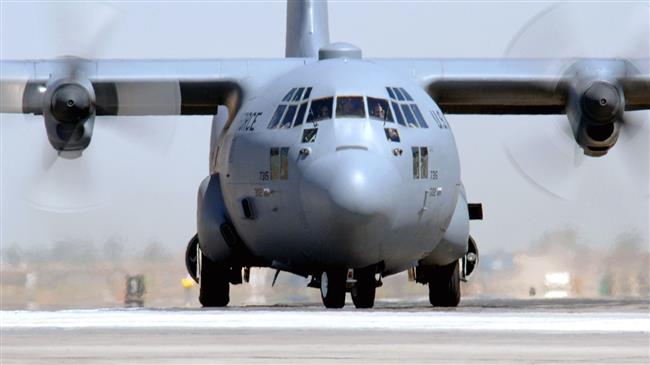China dismisses US accusation of lasers pointed at US aircraft near Djibouti


The United States formally complained to China after Chinese nationals pointed lasers at US military aircraft near Djibouti, the Pentagon said on Thursday.
Djibouti, on the Horn of Africa, hosts a US military base that is home to about 4,000 personnel, including special operations forces, and is a launch pad for operations in Yemen and Somalia.
The US military has been grappling with lasers being pointed at aircraft for decades. However, the Pentagon accusations highlight the concern the United States has about a Chinese military base just miles from a critical US base in Djibouti.
“They are very serious incidents … We have formally démarched the Chinese government and we’ve requested the Chinese investigate these incidents,” Pentagon spokeswoman Dana White told reporters.
The White House said the Pentagon was confident the lasers had been pointed by Chinese nationals and in the past few weeks fewer than 10 incidents had taken place. A US official, speaking on condition of anonymity, said in one incident last month, two pilots in a C-130 suffered minor eye injuries.
The official said in a few instances, military grade lasers from the Chinese base had been pointed at aircraft.
China has strongly rejected the accusations.
“We have already refuted the untrue criticisms via official channels. The Chinese side consistently and strictly abides by international law and laws of the local country, and is committed to protecting regional security and stability.”
Chinese Foreign Ministry spokeswoman Hua Chunying said the government had conducted “serious checks” and told the US side the accusations were groundless.
“You can remind the relevant US person to keep in mind the truthfulness of what they say, and to not swiftly speculate or make accusations,” she told a daily briefing in Beijing.
Djibouti is strategically located at the southern entrance to the Red Sea on the route to the Suez Canal.
This year, the US military put countering China, along with Russia, at the center of a new national defense strategy. (Source: Reuters)







